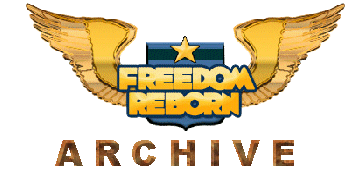- Welcome to Freedom Reborn Archive.
Advice on copyrighting characters/stories/names, etc.
Started by Tortuga, August 24, 2007, 08:50:56 PM
Previous topic - Next topic
|
|
User actions
